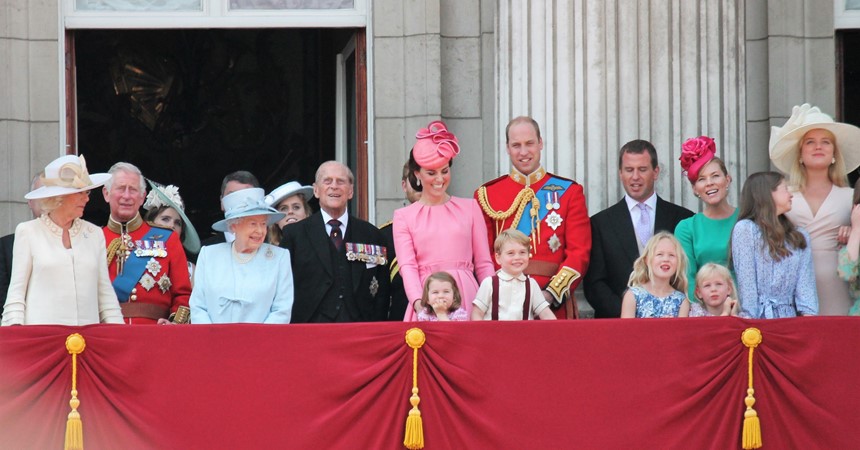I suppose that he, like the Queen, has been a constant in this ever-changing world. Most of us would not have experienced the world without Prince Philip in it.
There have been endless tributes in the media for Prince Philip’s sacrifice, dedicated service and support of his wife and monarch, the Queen. He has also been lauded as a model for gender equality for being responsible for childrearing decisions and the running of the household over many decades while his wife was running the monarchy. Of course, there has been criticism of him, much of it justified. The royal family, like all families, is complicated. We have seen this bear out over numerous scandals, relationship breakdowns, not to mention, more than one “annus horribilis”. Having a media microscope placed over every action, word and parenting decision would not be for the faint-hearted.
Reflecting on the royal family creates an unwitting mirror of our aspirations and difficulties of family life. We see in them what we don’t necessarily want to see in ourselves or our own families. When we notice, or even judge the imperfections in that family, we really are highlighting some of our own struggles, sufferings and imperfections.
Pope Francis has proclaimed 2021 as Amoris Laetitia Family – a year-long celebration of the joy of family love in honour of the five-year anniversary of the post-synodal exhortation Amoris Laetitia. This document, as well as the synods of bishops on the family held during 2014 and 2015, affirms the role and importance of the “vocation” of family in the life of society, Church and the Kingdom of God. Pope Francis on speaking about this exhortation notes the importance of the Church “immersing herself in real life, knowing firsthand the daily struggles” of family life and helping to understand the Gospel meaning of love, as shown to us by and in Jesus.
Pope Francis also proclaimed 2021 the Year of St Joseph, Patron of the Universal Church. In the accompanying apostolic letter to this declaration, Patris corde (With a Father’s Heart), he outlines some of the character traits modelled in the life of St Joseph that are an example to the Universal Church. The letter describes St Joseph as a “tender and loving Father”, obedient to the will of God, loyal, unconditionally accepting, creatively courageous, hardworking, self-giving, responsible and respectful. Both documents seem to emphasise to the Church that gentle accompaniment in genuine love is needed to help families reach their fullness of potential. From these two important proclamations, the family is certainly on Pope Francis’s radar due to its central importance in holding together what is good about life in the world.
Families today come in all shapes and sizes and there is no perfect earthly example of what one looks like. I grew up watching examples of families on American sitcoms such as The Brady Bunch, The Cosby Show, Happy Days, Family Ties, Growing Pains, and Who’s the Boss, among others. I obviously watched a lot of TV. All these shows taught about love, dealing with inevitable conflict, sticking together, sharing experiences, difficulties and learning values. I noticed that as time went on in the 1990s and 2000s, TV shows changed to be more about friendship groups in apartment blocks and workplaces. In society too, it seemed that the idea of the nuclear family as the core unit underpinning it was less important than the individual.
I am challenged today in this era of “constantly connected disconnection" to build my own family of love, shared values and experiences as well as mutual support in communion with each other. Christians look to the Holy Trinity, the divine relationship of love in three persons as the perfect example. The love between the persons of the Trinity is manifest in all of creation, in each person and in each family. For those who slow down a moment to see, we can all experience this love in each ordinary moment. There may not be canned studio audience laughter with every scene, but it will be real and precious.
Adam Frost is the education officer (formation), for the Catholic Schools’ Office Religious Education and Spirituality Services.






















































































